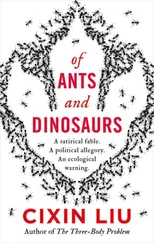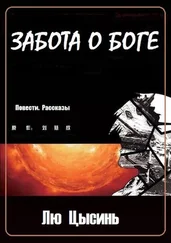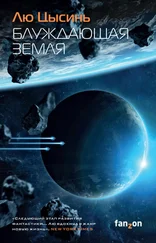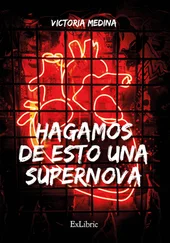“Grenades away!” the regiment commander shouted, and without a second thought we pulled the pin and slung the grenades into the mess of people and dogs, and rapid explosions sent blood and flesh flying.
Those of us remaining charged across the blast zone, trampling on the corpses of our comrades, the enemy, and the dogs to reach the Japanese army, and then turned ourselves into killing machines fighting with bayonets, rifle butts, and teeth. I fought a Japanese second lieutenant first, and he came screaming at me with his bayonet aimed for my heart, but I parried with my gun and it got me in the left shoulder. I was shaking with the pain of it and I dropped my rifle on the ground. Instinctively I grabbed his rifle with both hands right at the bayonet socket. I could feel my own hot blood trickling down the barrel. He gave the gun a few yanks back and forth, and somehow the bayonet detached. With my right hand, which could still move, I yanked the bayonet out of my left shoulder, and then held it shakily and moved toward him. The little punk stared at me, and then ran off carrying his bayonetless rifle. I didn’t have any energy for a chase, so I looked around and saw a Japanese kid holding one of my comrades on the ground, strangling her with both hands. So I crossed the few steps toward them and stabbed the bayonet into the guy’s back. I didn’t even have the strength to pull it out. My vision went dark as I saw the ground coming to meet me, brown and muddy, and I fell smack into it, getting a faceful of that mix of our blood and the enemy’s and the Antarctic snow and earth.
I woke up in the first-aid station three days later and learned that we had lost the game. In the jury’s reasoning, even though both sides had broken the rules, our violation was more serious, since the grenades we had used were most definitely hot weapons. The dogs used by the Japanese kids were warm weapons at best.
From Zheng Jianbing,
Blood Mud: The Chinese Army in the Supernova War. Kunlun Publishing House, SE 8.
As the Olympics progressed, the outcome that gradually took shape was well afield of anything the advocates of this form of warfare had anticipated.
From a purely military perspective, the game war was nothing like traditional warfare. The more or less fixed position and arrangements predetermined by the two sides meant their forces’ geographic positions were for the first time relatively unimportant. The aim of the battle was not to occupy a city or a strategically important position, but purely to exhaust the enemy’s strength on the battlefield. Ever since the start of the games, the children’s attention had focused on one key point, and now, from high command all the way down to the front-line trenches, the one thing in everyone’s mind and on everyone’s lips was relative damage rate.
In the adults’ era, the relative damage rate for particular weapons received some attention as a factor in war policy, but it rarely was the most important factor. High command could still elect to achieve a particular strategic or tactical objective no matter the cost. But in the children’s war, the relative damage rate took on an entirely different significance, primarily because in their world, heavy weapons were a nonrenewable resource; there was no way for them to manufacture such complicated war machines in such a short time.
When a tank was destroyed, they had one fewer tank; a plane shot down, one fewer plane. Even comparatively simple weapons like howitzers couldn’t be resupplied. Relative damage rates, then, became almost the sole determiner of victory.
On a technological level, the Supernova War was akin to the First World War, in which the land armies’ regular forces played a decisive role. In contrast to high-tech weapon disparities, there was not as great a disparity in the game war in relative damage rates between the parties’ conventional weapons.
Tanks were this war’s most important weapons. NATO’s land-war theory held that armored ground forces were inseparable from low-altitude assault power; without fire cover and aerial reconnaissance provided by armored helicopters, tank groups were sitting ducks on the battlefield. As one American armored commander of the Common Era put it, “An Abrams without an Apache has its pants down.”
The children’s training had been so brief that low-altitude helicopter strikes had as little impact on the Supernova War as the high-altitude air power of fighters and bombers, and helicopters crashed or were shot down in even greater numbers than other aircraft. An Apache piloted by two inexperienced, overwhelmed children flying back and forth over the battlefield proved an excellent target for shoulder-fired missiles. So on the Antarctic battleground, the attack helicopters most desired by army aviation pilots weren’t the American Apaches but the coaxial-rotor-equipped Russian Kamov Ka-50s, whose distinguishing feature was the first-ever helicopter ejection seat.
Surviving an ejection through a helicopter’s rotors would be especially difficult, so the Ka-50’s solution was to blow off the rotors before ejecting, giving the pilot a high chance of surviving a direct hit. In an Apache, on the other hand, if the young pilots were hit while in flight, they simply had to wait it out until the end. Absent low-altitude support and cover, the tank games did not display much of a disparity in relative damage rates.
* * *
Time flew by, and before they knew it six months had passed. In that time, ocean levels worldwide continued to rise, swamping the coasts and turning Shanghai, New York, and Tokyo into water cities. Most children in these areas moved farther inland, and the remainder adapted themselves to the liquid life, rafting between skyscrapers and preserving some semblance of life in these formerly bustling metropolises. In Antarctica, meanwhile, the climate continued to warm up, even during the long night, bringing mild, early-winter weather and average temperatures above −10°C. The continent’s temperate weather only served to further underscore its crucial nature.
Negotiations for dividing up Antarctica were set to begin, and the key bargaining chip for every country was its performance in the war games, a fact that motivated all children to redouble their efforts. Fresh troops were constantly arriving in Antarctica, swelling the scale of the games, and the fires of war continued their march across the continent.
The United States, on the other hand, was mired in disappointment and dejection, despite being the instigator of the games. Because high-tech weapons were no threat in the hands of children, the country had not dominated the games in the way its children had hoped, and the multipolar shape of the games worried them ahead of the upcoming Antarctica Talks.
One last event, the ICBM fight, was about to begin, and it was on this that the American children were pinning their final hopes.
* * *
“Are you kidding? It’s really heading our way?” Marshal Zavyalova asked the advisor.
“That’s what the radar warning center says. I doubt they’re mistaken.”
“Maybe it’ll change trajectory?” President Ilyukhin ventured.
“Not a chance. The warhead’s in the terminal guidance phase, in an unpowered free fall. It’s coming in like a stone.”
In the command center, everyone in Russian High Command was concentrating on the first ICBM fight with the US. The American children had fired an ICBM from their own territory, ten thousand kilometers away, directly at the Russian command center, a serious violation of the game’s rules. Both sides had set their target areas in advance, and Russia had provided a target zone more than a hundred kilometers distant. There shouldn’t have been any mistake.
“What are you afraid of? At least it’s not a nuclear warhead,” Ilyukhin said.
Читать дальше
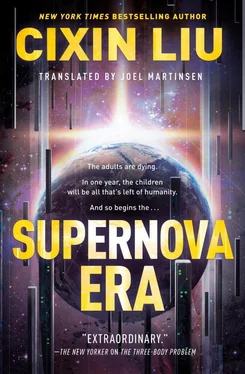
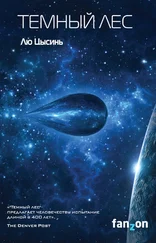
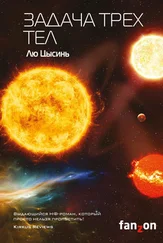
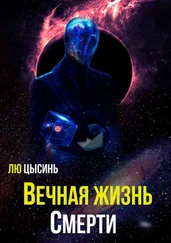
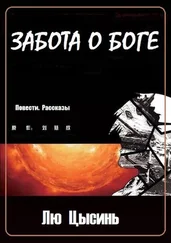
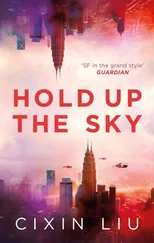
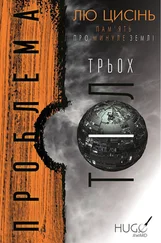
![Лю Цысинь - Эпоха сверхновой [litres]](/books/393110/lyu-cysin-epoha-sverhnovoj-litres-thumb.webp)
